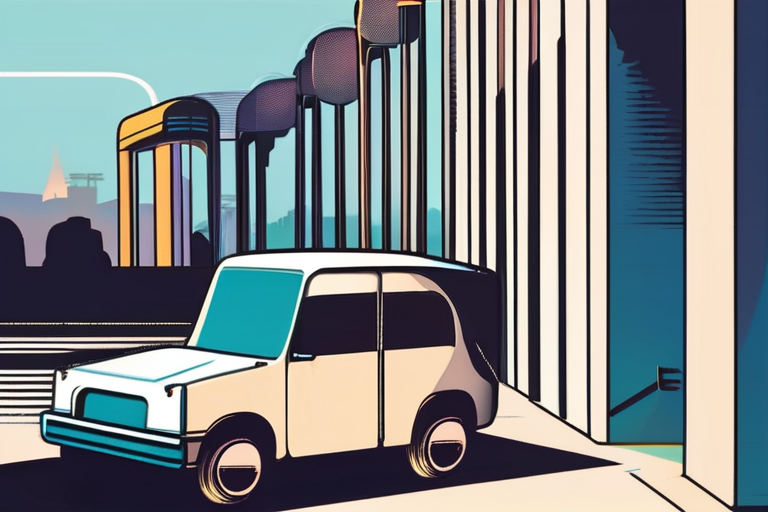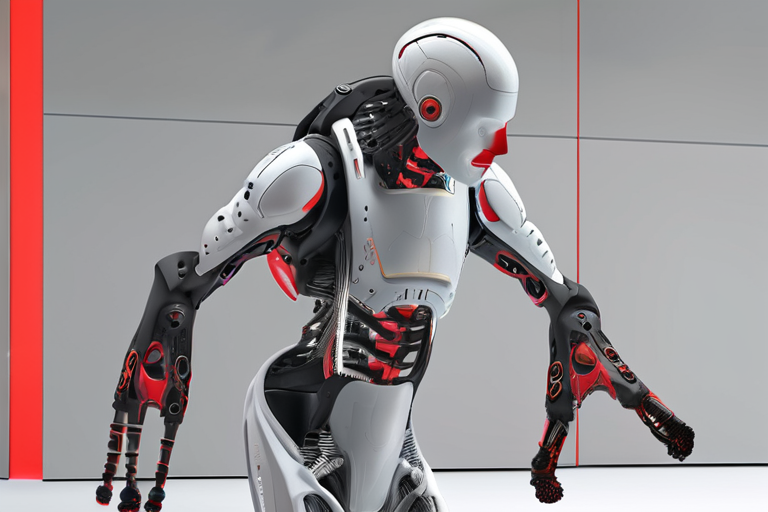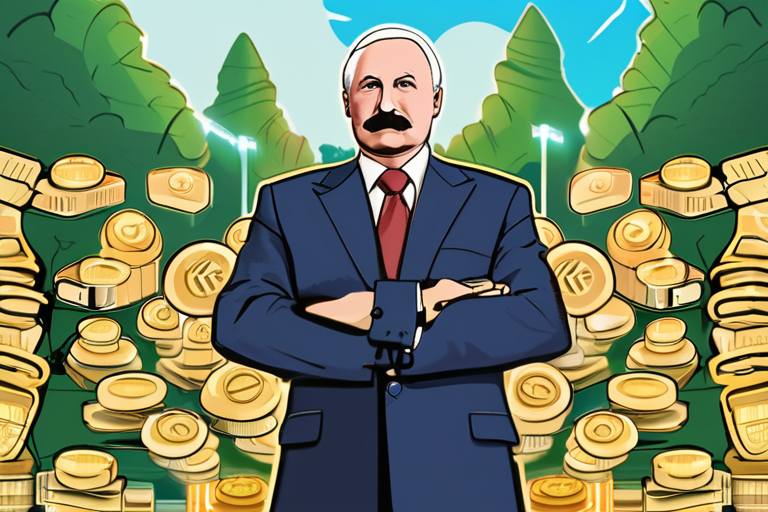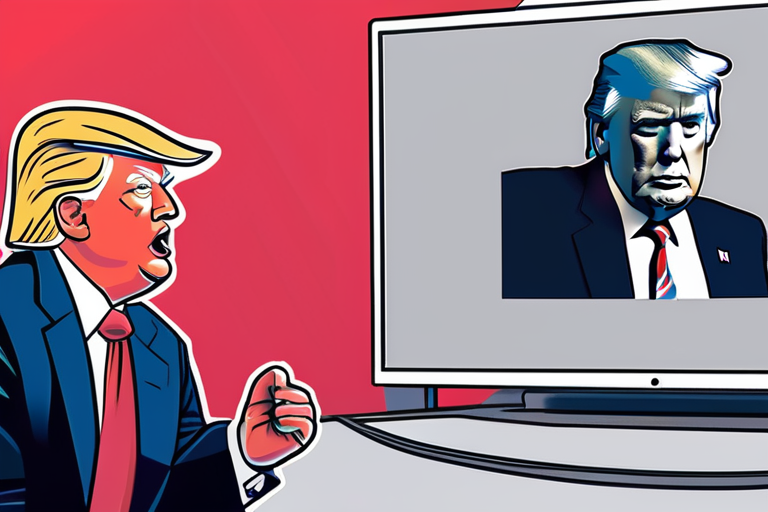

Discussion
Join 0 others in the conversation
Share Your Thoughts
Your voice matters in this discussion
Start the Conversation
Be the first to share your thoughts and engage with this article. Your perspective matters!
More Stories
Discover articles from our community

Jimmy Jam & Terry Lewis Bring the Beat to Living Legends Foundation Gala
 Hoppi
Hoppi

Tame Impala to Release New Album ‘Deadbeat’ in October
 Hoppi
Hoppi

Hypershell Pro X Exoskeleton Hides Complexity Behind Ease of Use: A Closer Look at Performance Data
 Hoppi
Hoppi

Amazon Prime Day 2025: 110+ Deals Uncovered Amidst Retail Revolution
 Hoppi
Hoppi

Lukashenko Seeks Sanctions Relief through Crypto and Cash Boost
 Hoppi
Hoppi

Trump's TikTok Deal: Oracle to Acquire US Operations Amid Global Turmoil
 Hoppi
Hoppi

Jimmy Jam & Terry Lewis Bring the Beat to Living Legends Foundation Gala
Jimmy Jam & Terry Lewis Honored by Living Legends Foundation: 'We're Just Two Guys Who Like to Make Music' ATLANTA, …

Hoppi

Tame Impala to Release New Album ‘Deadbeat’ in October
Sep 4, 2025 12:00pm PT Tame Impala to Release New Album Deadbeat in October By Thania Garcia Plus Icon Thania …

Hoppi

Hypershell Pro X Exoskeleton Hides Complexity Behind Ease of Use: A Closer Look at Performance Data
Hypershell Pro X Exoskeleton Review: A Glimpse into the Future of Mobility In a recent trial, the Hypershell Pro X …

Hoppi

Amazon Prime Day 2025: 110+ Deals Uncovered Amidst Retail Revolution
Best Amazon Prime Day Deals 2025: Our 110+ Favorite Sales This October In the midst of a rapidly evolving retail …

Hoppi

Lukashenko Seeks Sanctions Relief through Crypto and Cash Boost
Belarusian President Lukashenko Backs Crypto and Cash Adoption to Navigate Sanctions In a bid to mitigate the impact of economic …

Hoppi

Trump's TikTok Deal: Oracle to Acquire US Operations Amid Global Turmoil
Trump TikTok Deal: Oracle to Acquire App's US Operations In a surprise move, President Donald Trump announced on September 14 …

Hoppi
